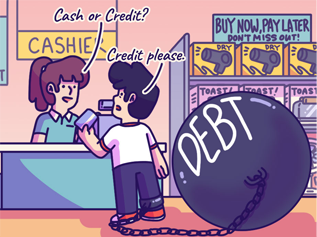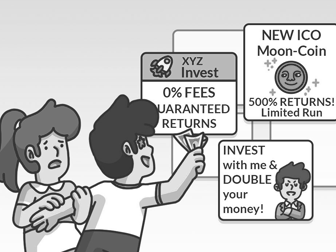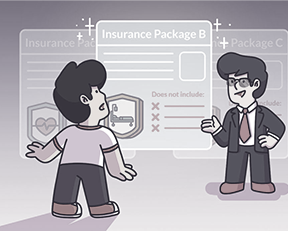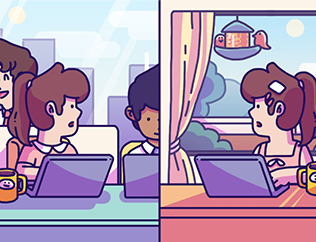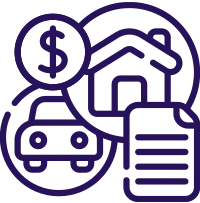Budgeting & Savings
I’m Letting Go Of Who I Thought I Had To Be
Was I chasing my own dreams, or everyone else’s standards?
30 Dec 2025
READ MORE0
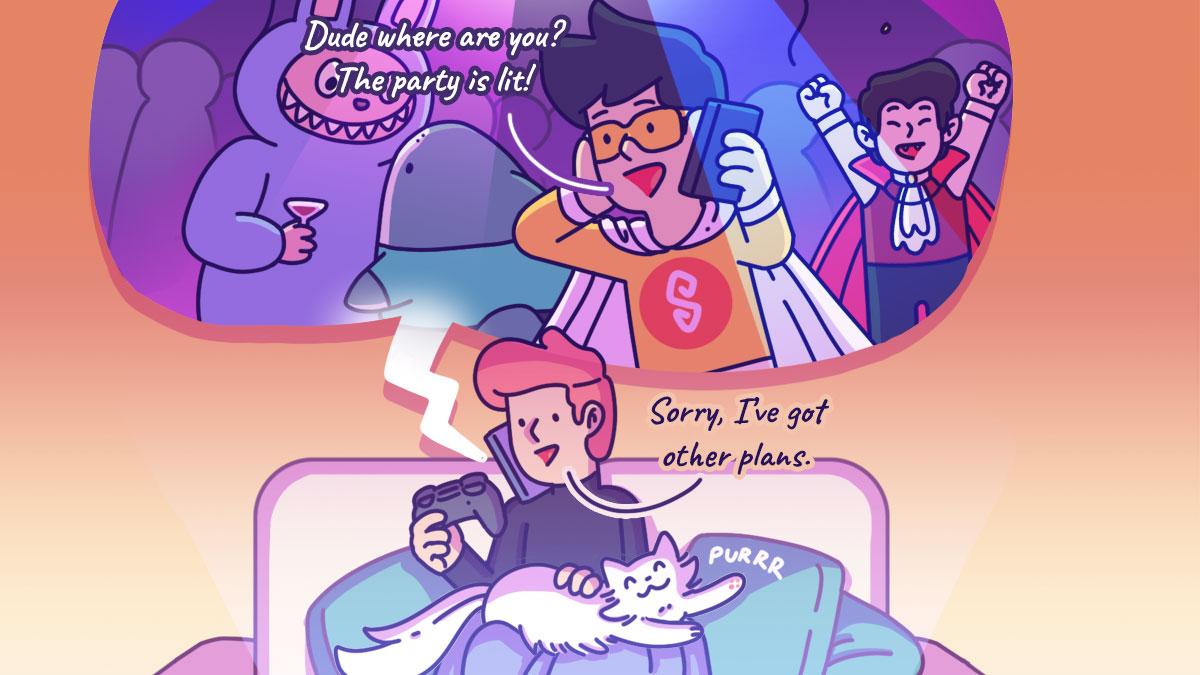
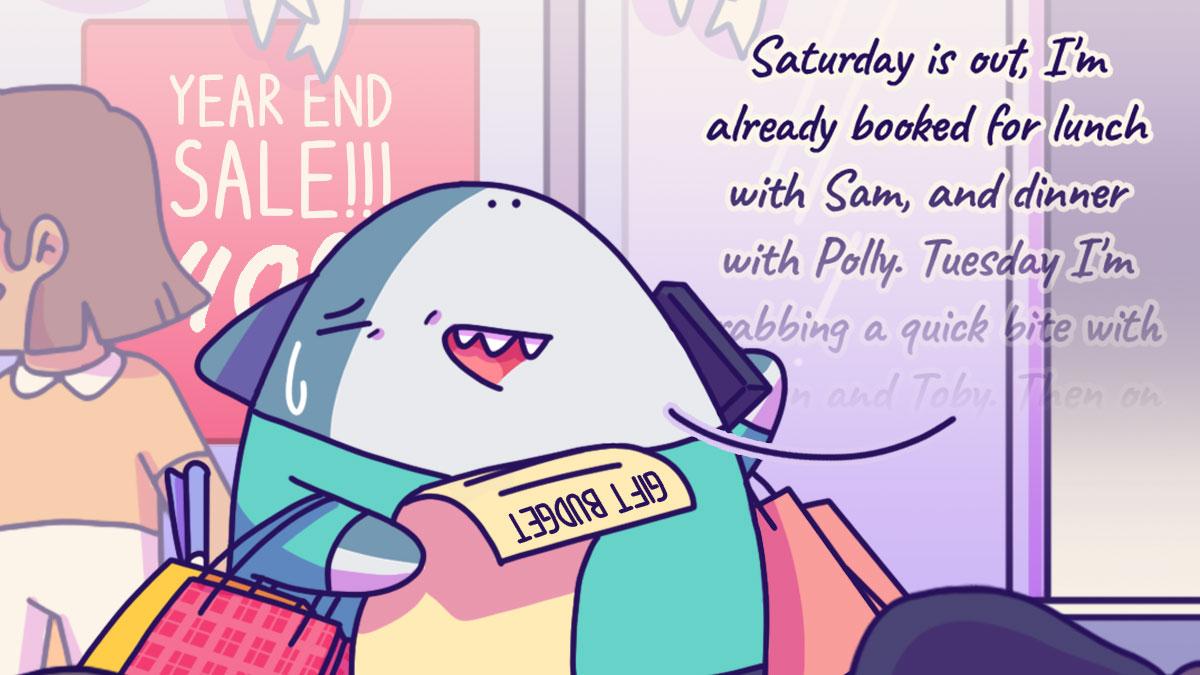
Can Your Budget Stomach Your Appetite?
26 Dec 2025
0

A Christmas Carol That Spooked His Bank Account
23 Dec 2025
0
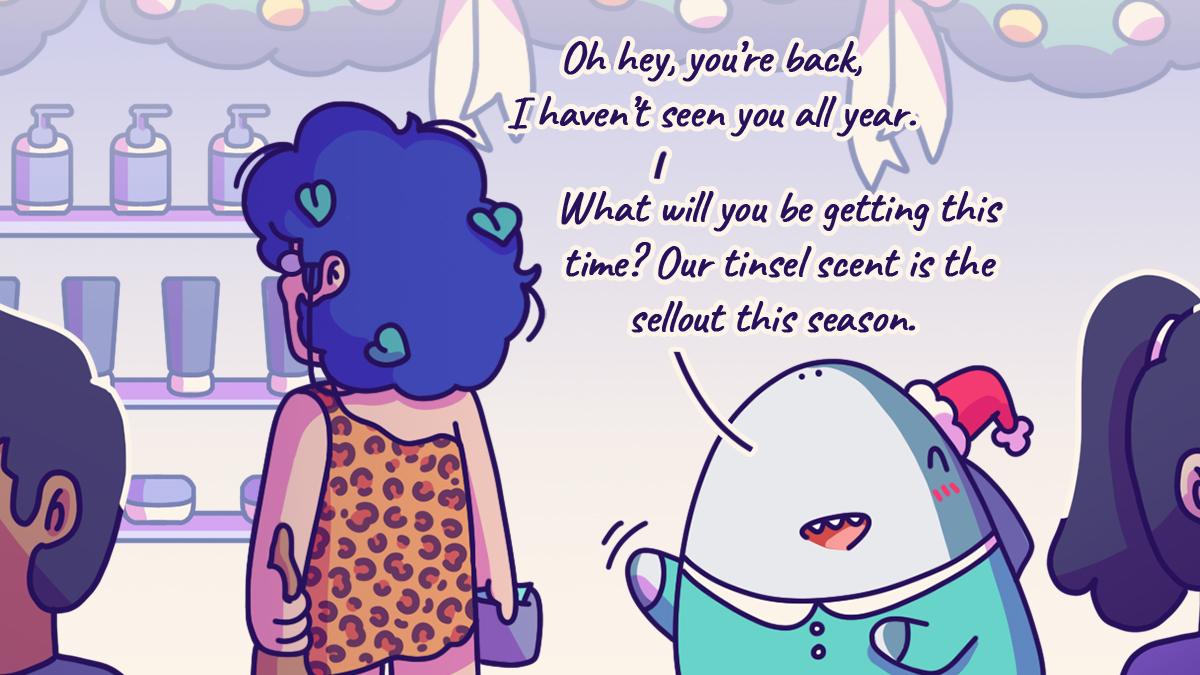
Tis The Season To Go Bargain Gift Hunting
12 Dec 2025
0

Don’t Overpack, Pack Smart Instead For Your Next Holiday
27 Nov 2025
0

The Holiday Your Piggy Bank Actually Needed
21 Nov 2025
0

It always starts with small changes.
14 Nov 2025
0

Buy Now, Regret Later: My Love-Hate Relationship With BNPL
10 Nov 2025
0

Trapped In A Suffocating Cycle, Impulse Spending Gave Me Emotional Damage
27 Oct 2025
0

Arrr You Ready To Collect Gold Coins? Keep Your Booty Safe With These Tips
23 Oct 2025
0

SUBSCRIBE
STAY UPDATED!
And join our community© Copyright 2025 The Simple Sum. All Rights Reserved.




